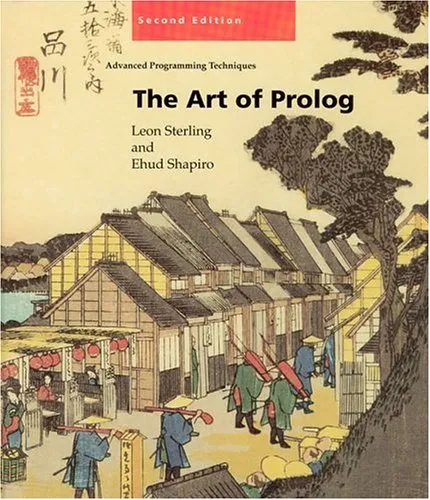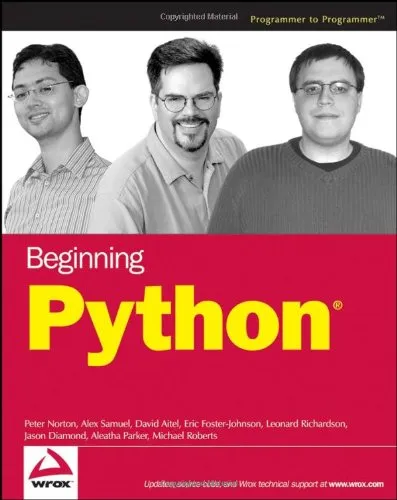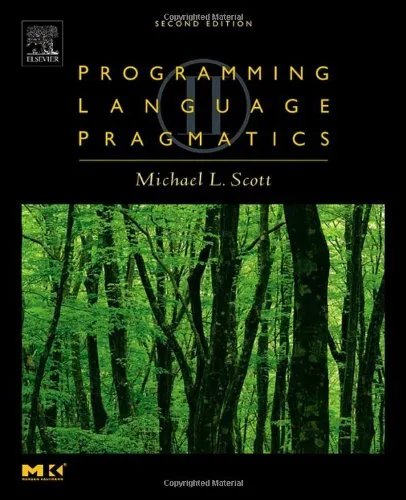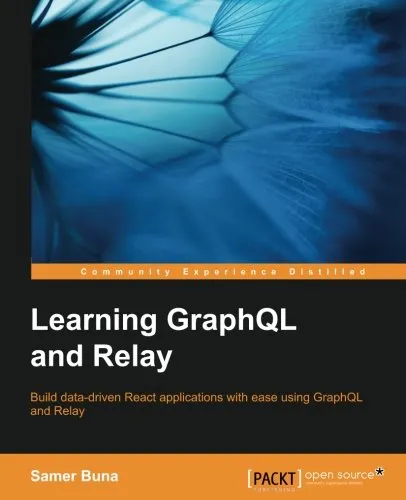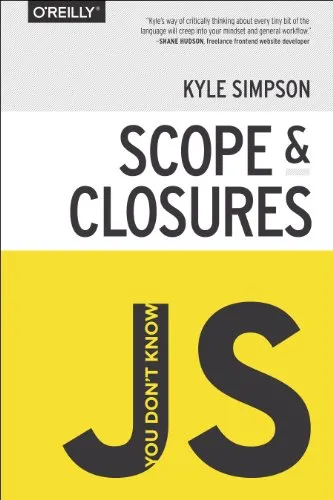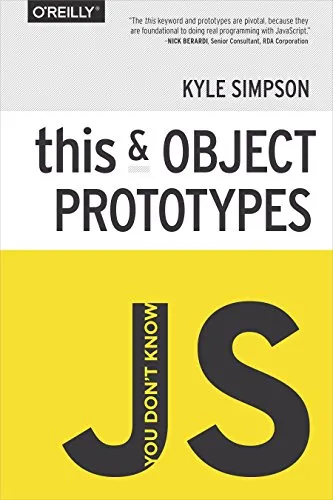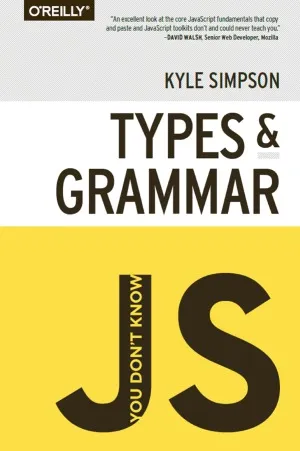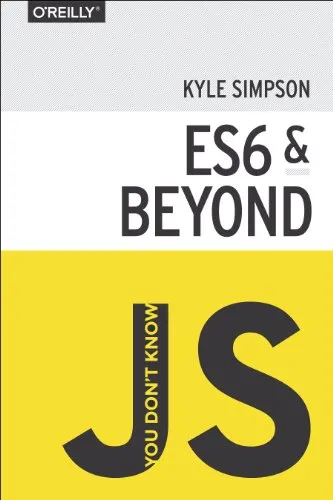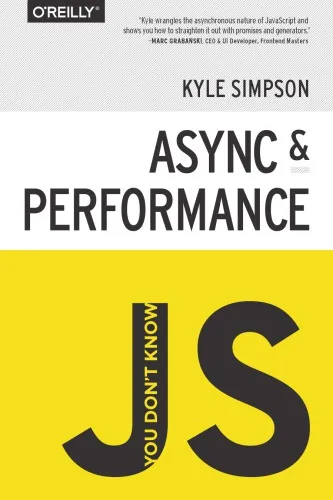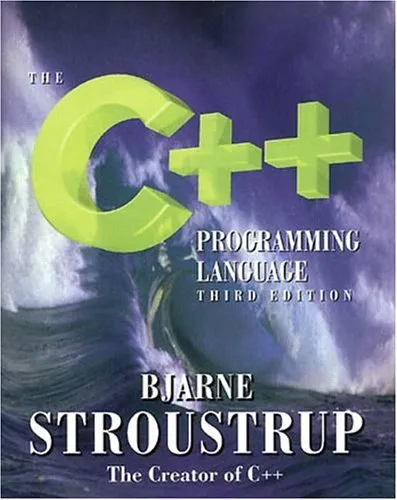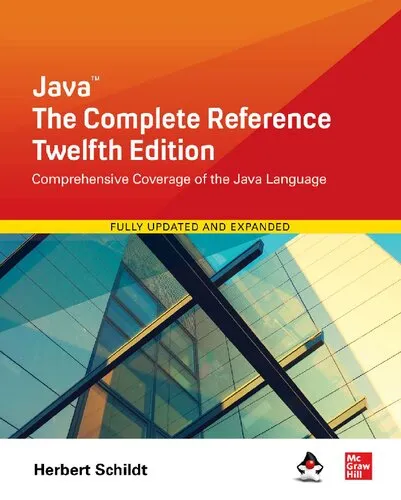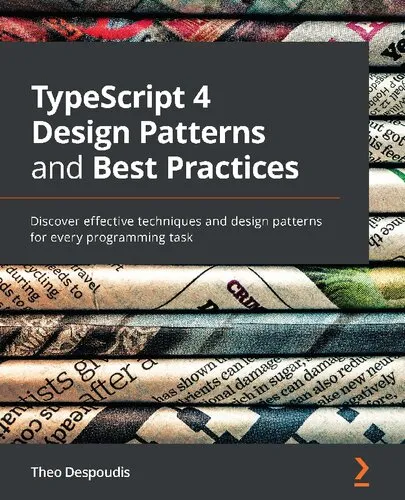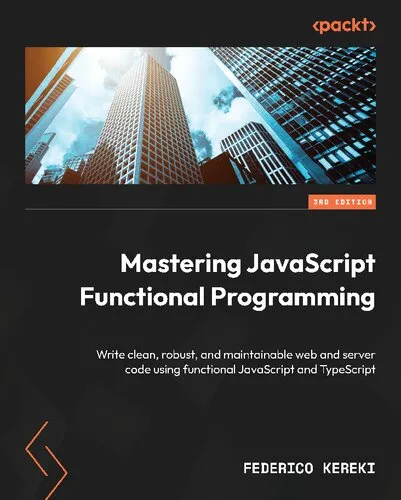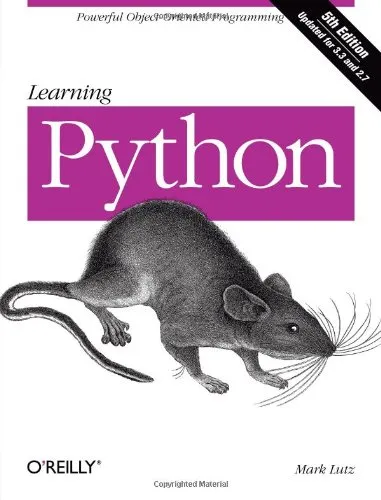The Art of Prolog, Second Edition: Advanced Programming Techniques
4.4
Reviews from our users

You Can Ask your questions from this book's AI after Login
Each download or ask from book AI costs 2 points. To earn more free points, please visit the Points Guide Page and complete some valuable actions.Related Refrences:
This new edition of The Art of Prolog contains a number of important changes. Most background sections at the end of each chapter have been updated to take account of important recent research results, the references have been greatly expanded, and more advanced exercises have been added which have been used successfully in teaching the course. Part II, The Prolog Language, has been modified to be compatible with the new Prolog standard, and the chapter on program development has been significantly altered: the predicates defined have been moved to more appropriate chapters, the section on efficiency has been moved to the considerably expanded chapter on cuts and negation, and a new section has been added on stepwise enhancement -- a systematic way of constructing Prolog programs developed by Leon Sterling. All but one of the chapters in Part III, Advanced Prolog Programming Techniques, have been substantially changed, with some major rearrangements. A new chapter on interpreters describes a rule language and interpreter for expert systems, which better illustrates how Prolog should be used to construct expert systems. The chapter on program transformation is completely new and the chapter on logic grammars adds new material for recognizing simple languages, showing how grammars apply to more computer science examples.
Free Direct Download
You Can Download this book after Login
Accessing books through legal platforms and public libraries not only supports the rights of authors and publishers but also contributes to the sustainability of reading culture. Before downloading, please take a moment to consider these options.
Find this book on other platforms:
WorldCat helps you find books in libraries worldwide.
See ratings, reviews, and discussions on Goodreads.
Find and buy rare or used books on AbeBooks.
1304
بازدید4.4
امتیاز0
نظر98%
رضایتReviews:
4.4
Based on 0 users review
Questions & Answers
Ask questions about this book or help others by answering
Please login to ask a question
No questions yet. Be the first to ask!
